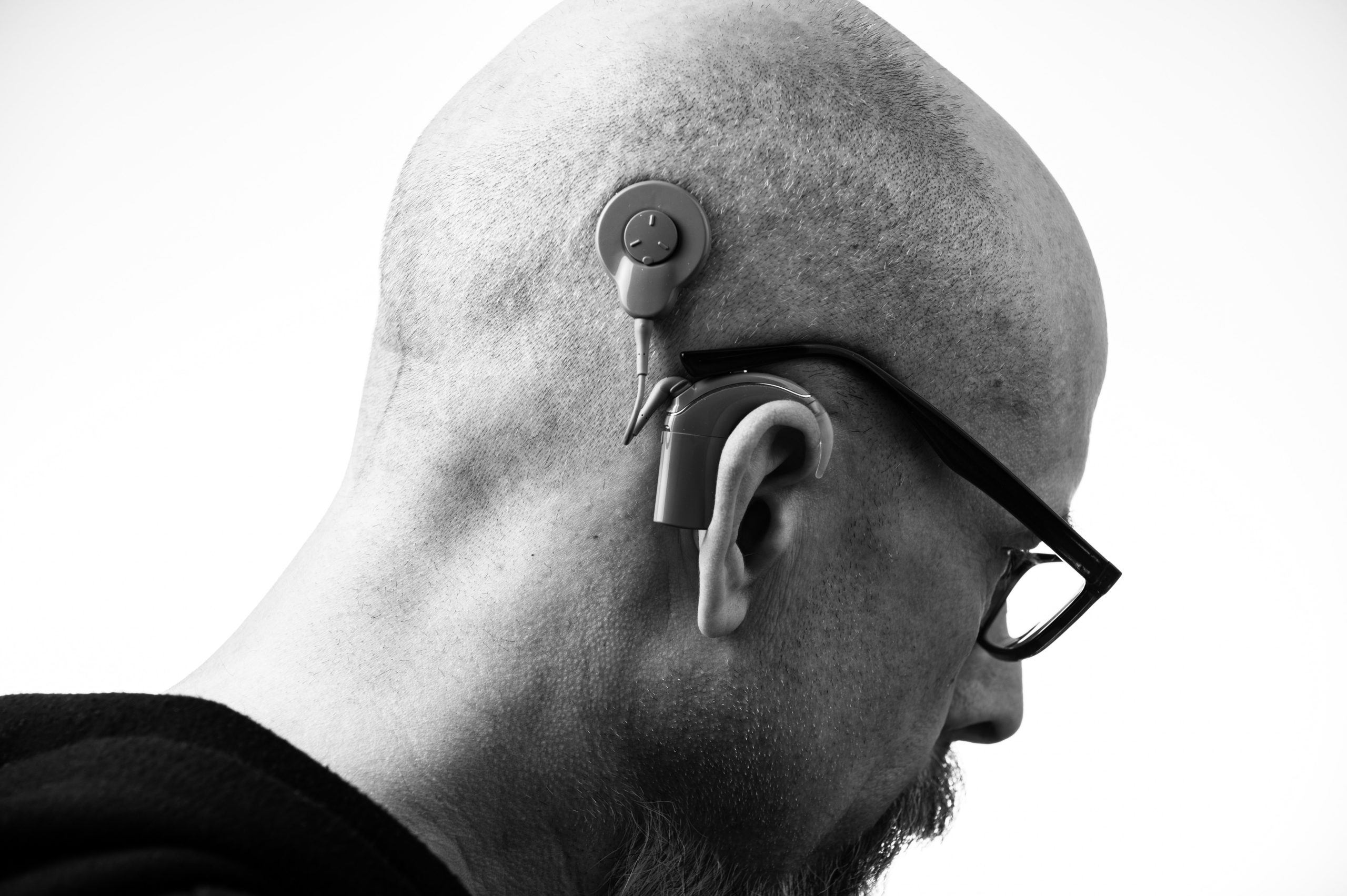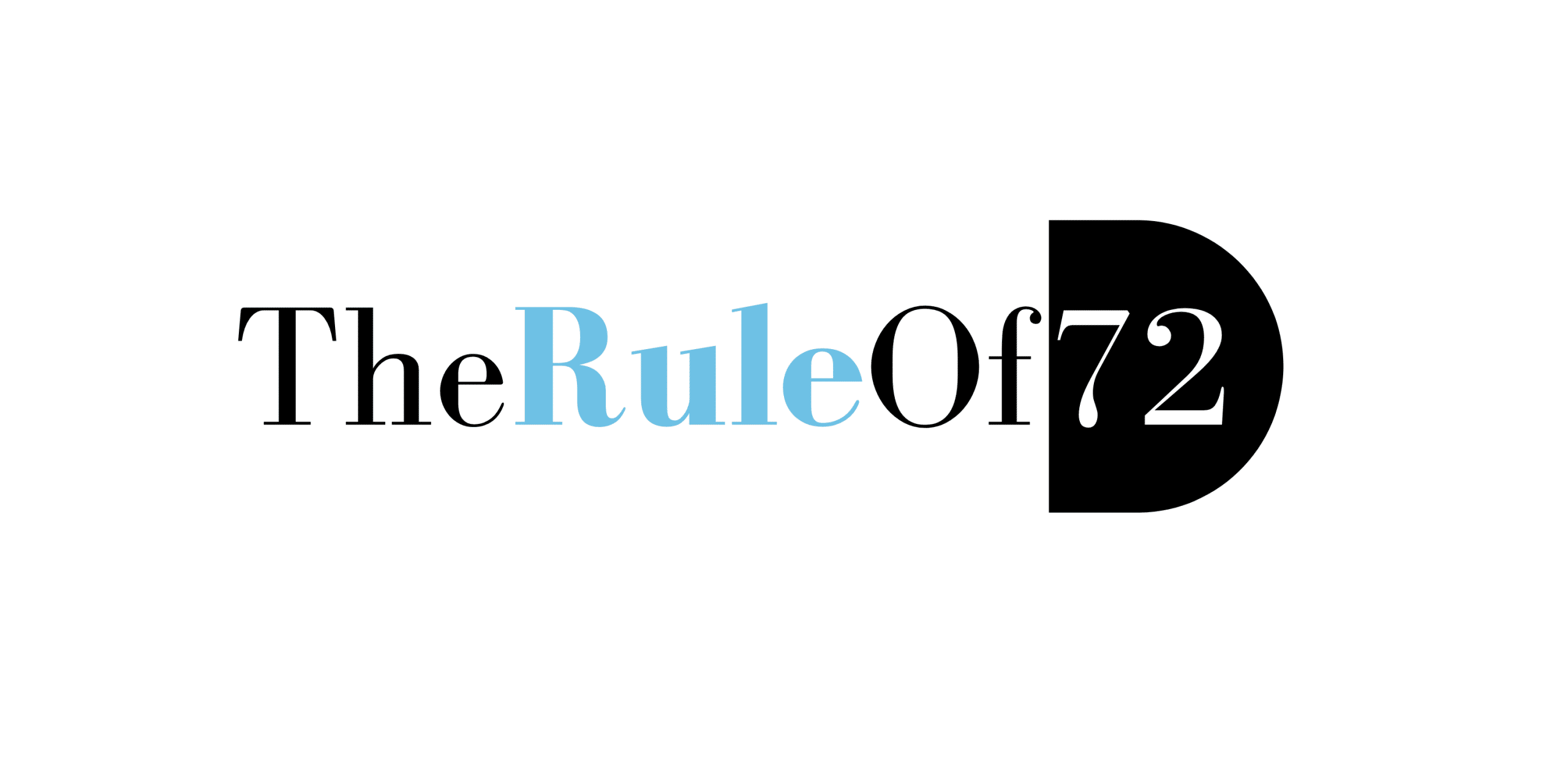The benefits of getting hearing aids through a Medicare Advantage Plan.

Hearing loss is a common problem among the elderly population. According to the National Institute on Deafness and Other Communication Disorders (NIDCD), approximately one in three people between the ages of 65 and 74 experience hearing loss, and nearly half of those over the age of 75 have difficulty hearing. Despite the prevalence of hearing loss, many individuals delay seeking treatment due to the cost of hearing aids. Fortunately, Medicare Advantage plans offer a solution to this problem, as they may cover the cost of hearing aids. In this blog post, we will explore the advantages of getting hearing aids through a Medicare Advantage plan.
What is a Medicare Advantage Plan?
Medicare Advantage plans, also known as Medicare Part C, are an alternative to traditional Medicare. These plans are offered by private insurance companies that are approved by Medicare. They provide all of the benefits of Original Medicare, but they also offer additional benefits, such as vision, dental, and hearing coverage. Medicare Advantage plans are required to offer the same benefits as Original Medicare, but they may also include additional benefits at no extra cost.
What are the Benefits of Getting Hearing Aids through a Medicare Advantage Plan?
-
Lower Cost
The cost of hearing aids can be prohibitive for many seniors, with prices ranging from several hundred dollars to over $5,000 per device. Medicare Advantage plans can help lower this cost by providing coverage for hearing aids. While the exact coverage may vary depending on the plan, many plans cover a portion or all of the cost of hearing aids.
-
Access to High-Quality Hearing Aids
Medicare Advantage plans may provide access to high-quality hearing aids from top manufacturers. This is important because not all hearing aids are created equal. High-quality hearing aids are more effective and durable, which can help ensure that the user has a positive experience with their device. Additionally, many Medicare Advantage plans offer a wide selection of hearing aids, which allows the user to choose the device that best suits their needs and preferences.
-
Comprehensive Hearing Healthcare
In addition to covering the cost of hearing aids, many Medicare Advantage plans provide comprehensive hearing healthcare. This includes coverage for hearing exams, hearing aid fittings, and follow-up care. Regular hearing exams are important for identifying and addressing hearing loss early on. Hearing aid fittings are necessary to ensure that the device fits comfortably and works properly. Follow-up care is also important to ensure that the user continues to have a positive experience with their device and to address any issues that may arise.
-
Improved Quality of Life
Hearing loss can have a significant impact on an individual’s quality of life. It can lead to social isolation, depression, and cognitive decline. Hearing aids can help improve an individual’s ability to communicate and engage with others, which can lead to a better quality of life. Medicare Advantage plans that cover the cost of hearing aids can help seniors access the devices they need to stay connected with their loved ones and maintain their independence.
-
Convenience
Medicare Advantage plans are convenient because they provide coverage for hearing aids and other healthcare services in one place. This can save seniors time and energy, as they do not have to navigate multiple insurance plans to access the care they need. Additionally, many Medicare Advantage plans offer online tools and resources that make it easy for seniors to manage their healthcare needs from the comfort of their own homes.
How to Get Hearing Aids through a Medicare Advantage Plan
To get hearing aids through a Medicare Advantage plan, you must first enroll in a plan that offers coverage for hearing aids. You can do this during the Annual Enrollment Period (AEP), which takes place from October 15th to December 7th each year. During this time, you can switch from Original Medicare to a Medicare Advantage plan, or you can switch from one Medicare Advantage plan to another.
It is important to review the details of each plan carefully to ensure that the plan you choose provides the coverage you need for hearing aids and other healthcare services. Once you have selected a plan, you can work with your healthcare provider to get a hearing exam and determine the best hearing aid for your needs. Your Medicare Advantage plan may also have a network of preferred providers that offer hearing healthcare services at a lower cost.
In conclusion, hearing loss is a common problem among seniors, but many delay seeking treatment due to the cost of hearing aids. Medicare Advantage plans offer a solution to this problem by providing coverage for hearing aids, as well as other hearing healthcare services. By enrolling in a Medicare Advantage plan that covers the cost of hearing aids, seniors can access high-quality devices, comprehensive hearing healthcare, and improve their quality of life. So if you or someone you know is experiencing hearing loss, consider using the following link to set up an appointment in order to learn more about the benefits of getting hearing aids through a Medicare Advantage Plan.





